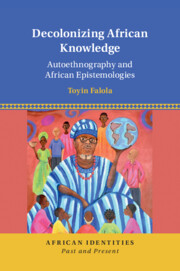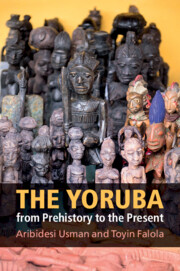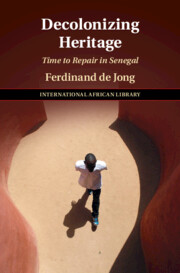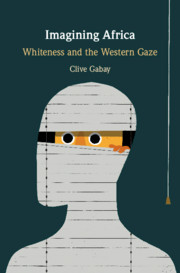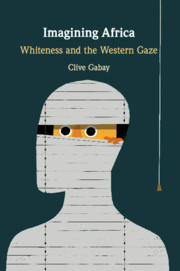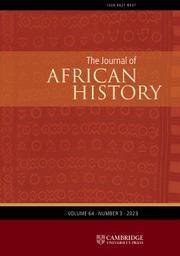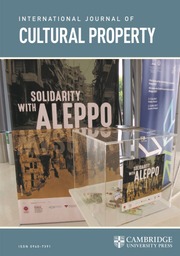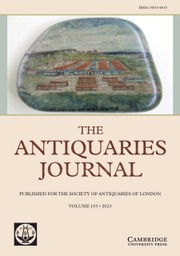Decolonizing African Knowledge
Addressing the consequences of European slavery, colonialism, and neo-colonialism on African history, knowledge and its institutions, this innovative book applies autoethnography to the understanding of African knowledge systems. Considering the 'Self' and Yoruba Being (the individual and the collective) in the context of the African decolonial project, Falola strips away Eurocentric influences and interruptions from African epistemology. Avoiding colonial archival sources, it grounds itself in alternative archives created by memory, spoken words, images and photographs to look at the themes of politics, culture, nation, ethnicity, satire, poetics, magic, myth, metaphor, sculpture, textiles, hair and gender. Vividly illustrated in colour, it uses diverse and novel methods to access an African way of knowing. Exploring the different ways that a society understands and presents itself, this book highlights convergence, enmeshing private and public data to provide a comprehensive understanding of society, public consciousness, and cultural identity.
- Adopts an interdisciplinary approach to offer readers a rich and nuanced overview of African knowledge systems
- Demonstrates how the use of personal archives can broaden our scholarly ambitions and forges a new path for conceptualizing African epistemologies
- Heavily illustrated with colour images to enhance and provide context to the written material for students and scholars
Reviews & endorsements
‘In offering a monumental feast for African Studies, Toyin Falola challenges us to look critically beyond disciplinary boundaries by proposing painstaking indigenous paths to scholarly self-determination in the domain of African knowledge production, where the rain of Western epistemologies continues to beat us.’ Rowland Abiodun, Amherst College
‘Even regular readers of the rich and expansive oeuvre of the indefatigable and prolific historian, Toyin Falola, will find a wealth of new insights and fresh analysis weaved around ‘autoethnography’ as an archive, concept and methodology that is ideal for self-understanding of Africa and Africans. With his unwavering commitment to decolonizing knowledge, Falola’s new book is illuminating on aspects of self, nation, culture, art, gender, photography, and everything to do with Africa and Africans.’ Sabelo J. Ndlovu-Gatsheni, University of Bayreuth
‘Toyin Falola’s book, which explores the connection between autoethnography and African studies, opens numerous intellectual possibilities in a characteristically lucid manner. It adds a much-needed scholarly voice and perspective to the burgeoning field of decolonial studies. This offering is most certainly an earnest breath of fresh air by Africa’s most impressive historian.’ Sanya Osha, University of Cape Town
'Falola mines extensive personal archives to provide an alternative to Western-derived hegemonic research methodologies from an individual perspective that incorporates autoethnography and its reflections on the self and the larger shared community … Recommended.' E. P. Renne, Choice
Product details
June 2022Adobe eBook Reader
9781009059374
0 pages
This ISBN is for an eBook version which is distributed on our behalf by a third party.
Table of Contents
- Part I. Introduction
- 1. Prologue: My Archive
- 2. Autoethnography and Epistemic Liberation
- Part II. Fictions and Factions
- 3. Narrative Politics and Cultural Ideologies
- 4. Memory, Magic, Myth, and Metaphor
- 5. A Poetological Narration of the Nation
- 6. A Poetological Narration of the Self
- 7. Satire and Society
- 8. Narrative Politics and the Politics of Narrative
- Part III. Visual Cultures
- 9. Sculpture as Archive
- 10. Textiles as Texts
- 11. Canvas and Archiving Ethnic Reality
- 12. Hair Art and the Women Agency
- 13. Photography and Ethnography' Part IV. Conclusion
- 14. Self, Collective, and Collection.

